-

-

-

-

-
 Why Choose Stem Cell Therapy Plus ?
Why Choose Stem Cell Therapy Plus ? -
 Diabetes
Diabetes -
 Parkinson's Disease
Parkinson's Disease -
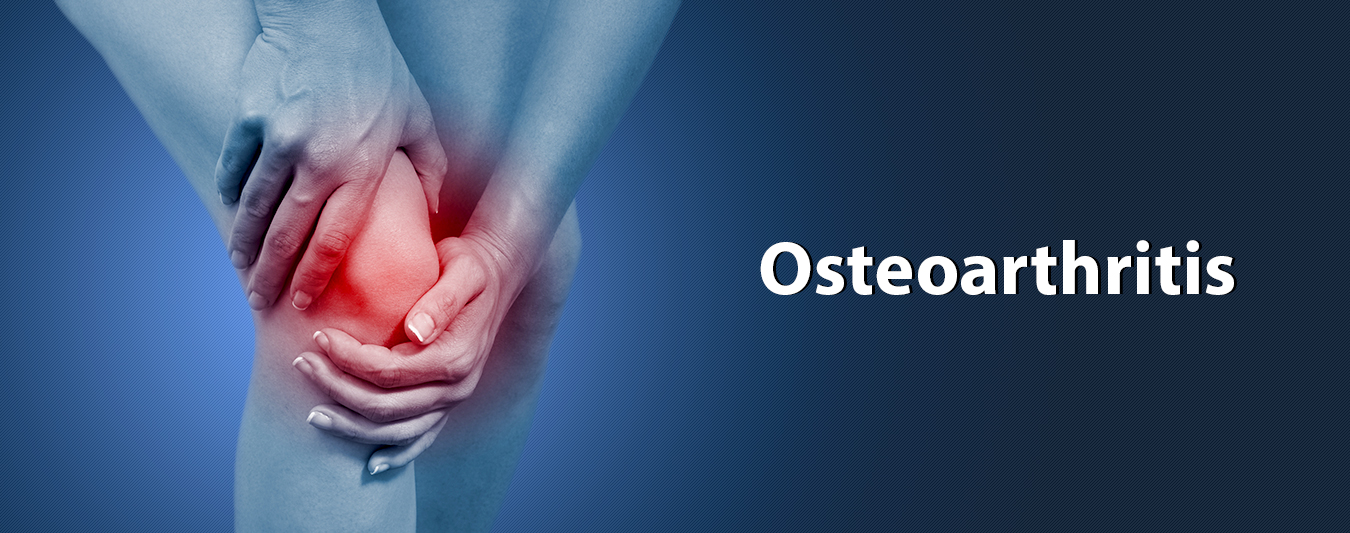
-
 Rheumatoid Arthritis
Rheumatoid Arthritis -
 Multiple Sclerosis
Multiple Sclerosis -
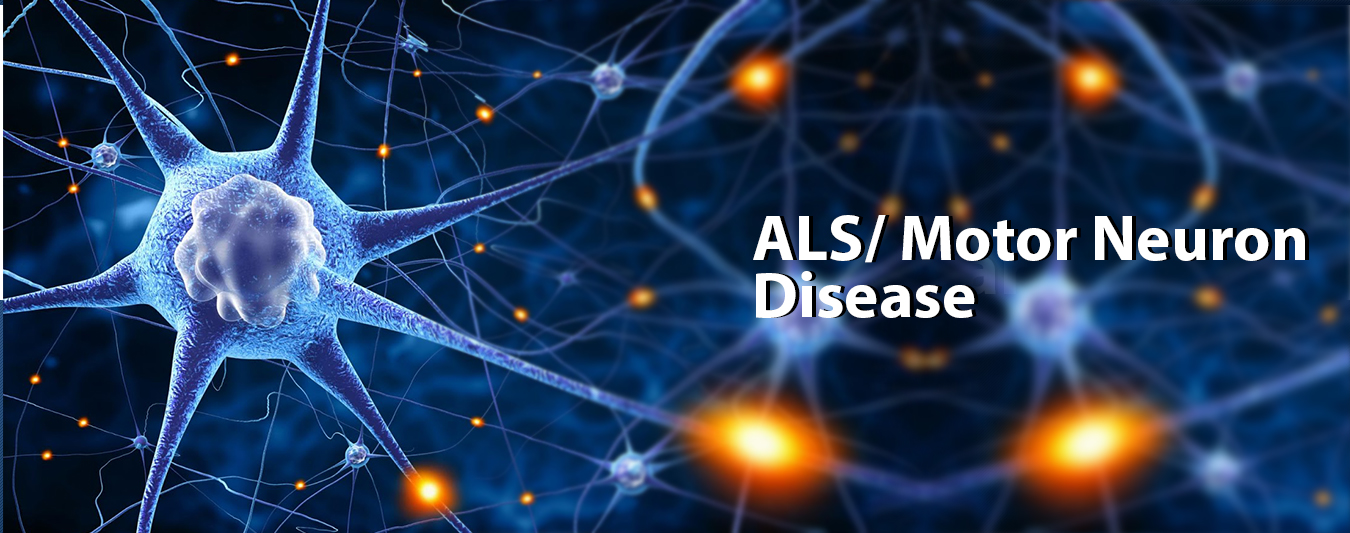
-

-

-

-
 Tinnitus/ Hearing Loss
Tinnitus/ Hearing Loss -

-
 Spinal Cord Injury
Spinal Cord Injury -
 Stroke
Stroke -
 Cerebral Palsy
Cerebral Palsy -
 COPD/ Lung Disease
COPD/ Lung Disease -
 Muscular Dystrophy
Muscular Dystrophy -

-
 Macular Degeneration
Macular Degeneration -

-
 Chronic Fatigue
Chronic Fatigue -

-

-

-
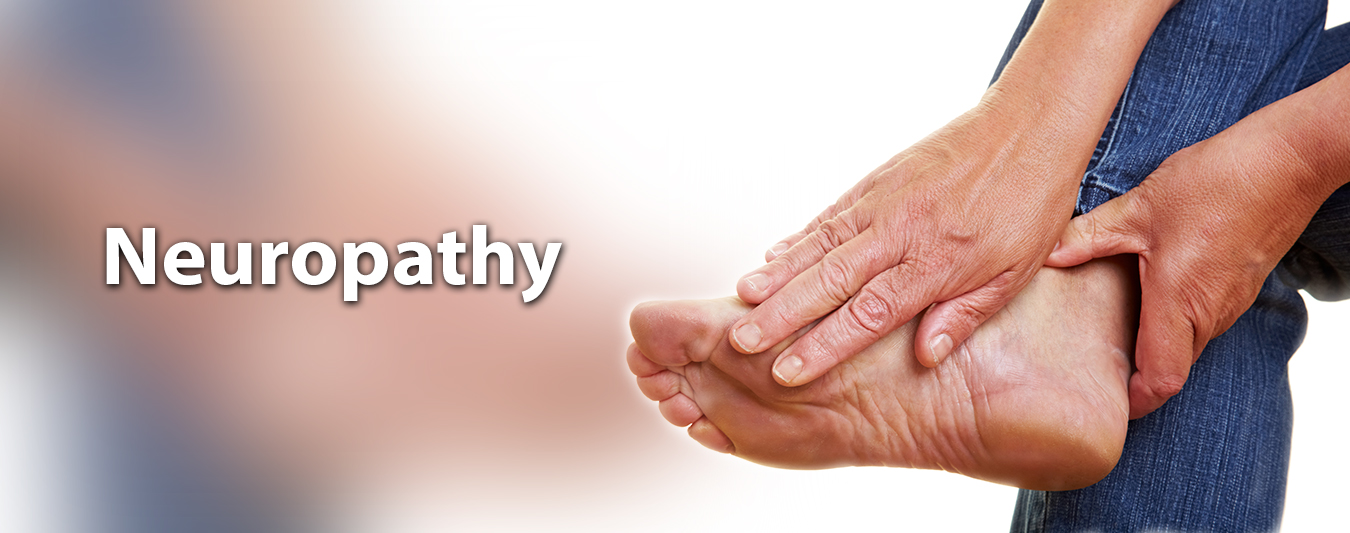
-

-

-
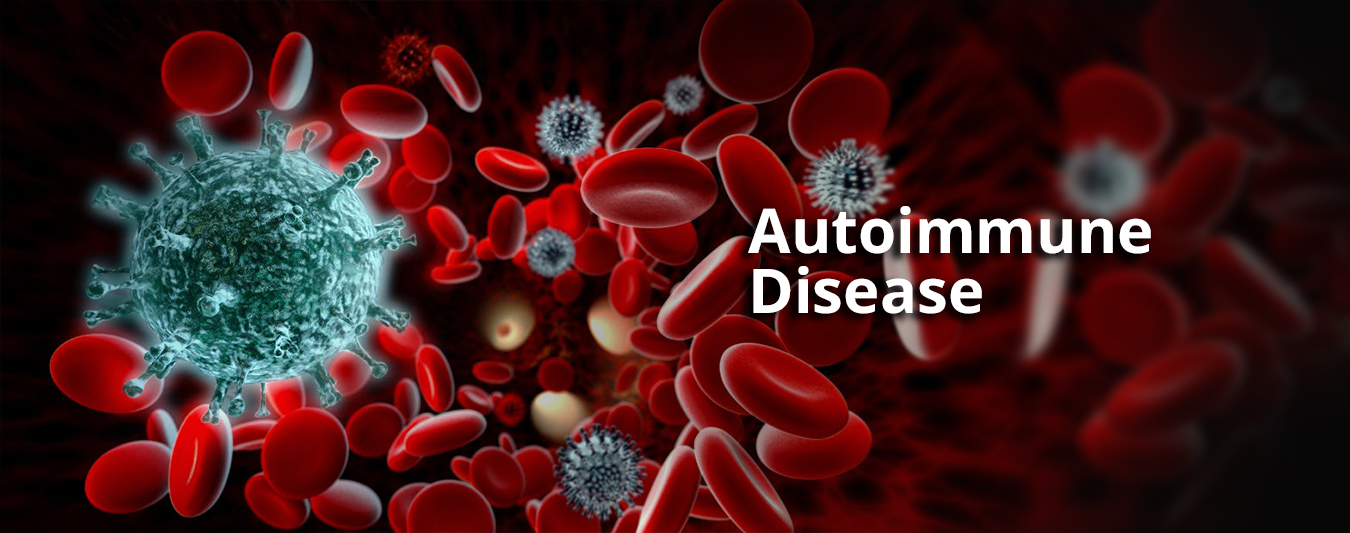
-
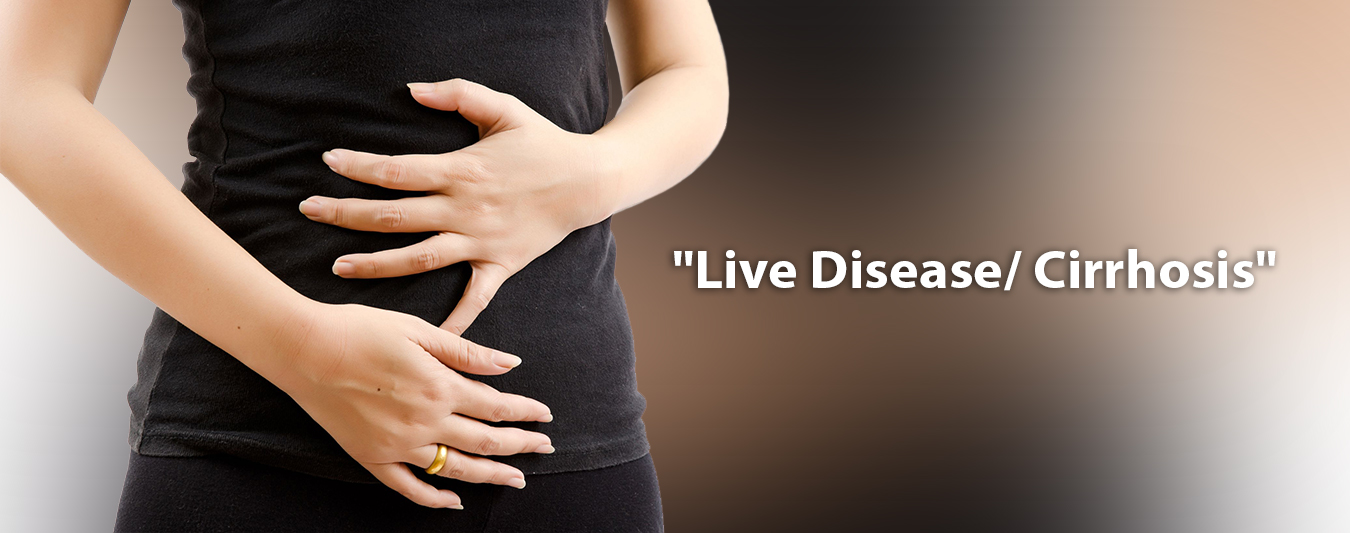
-

-

-

-

-
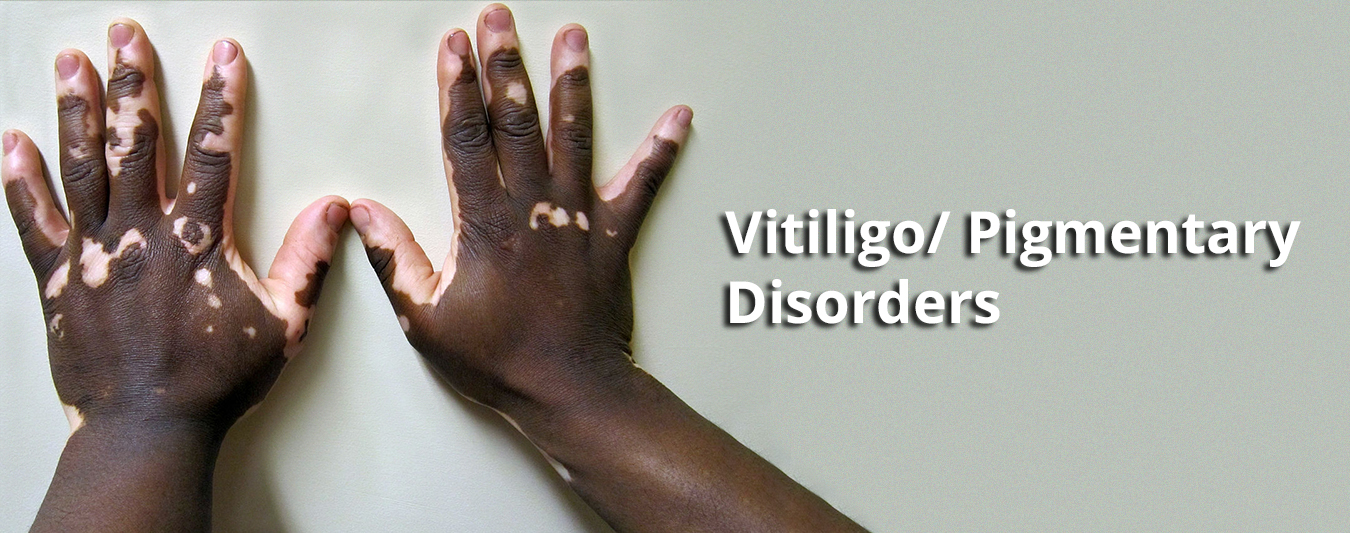
-
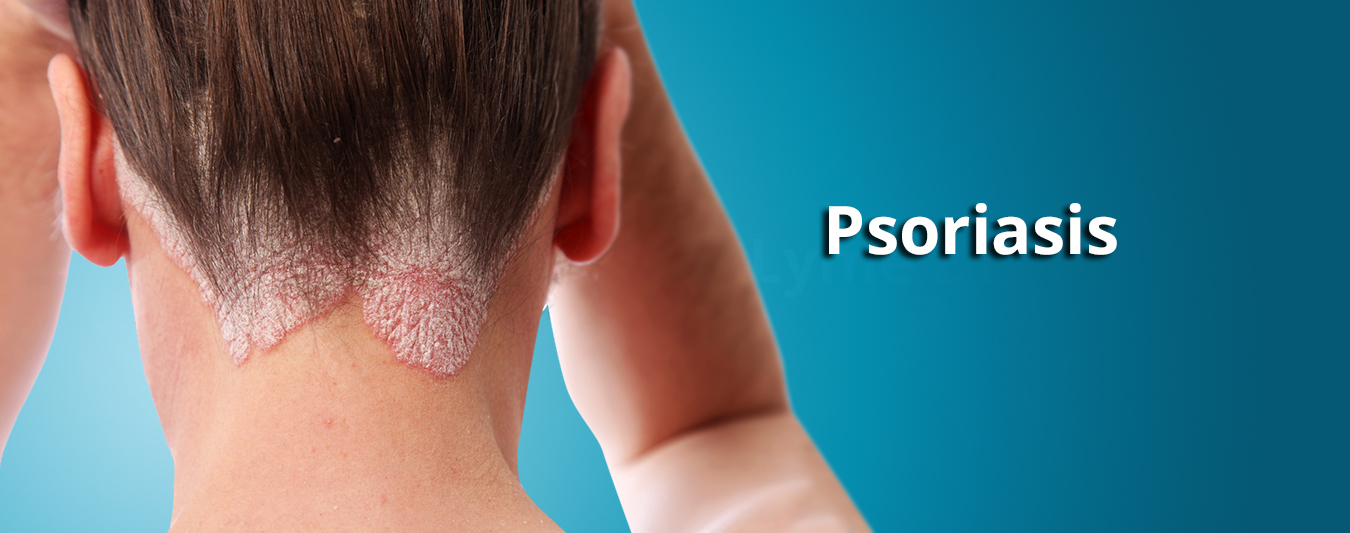
-

-
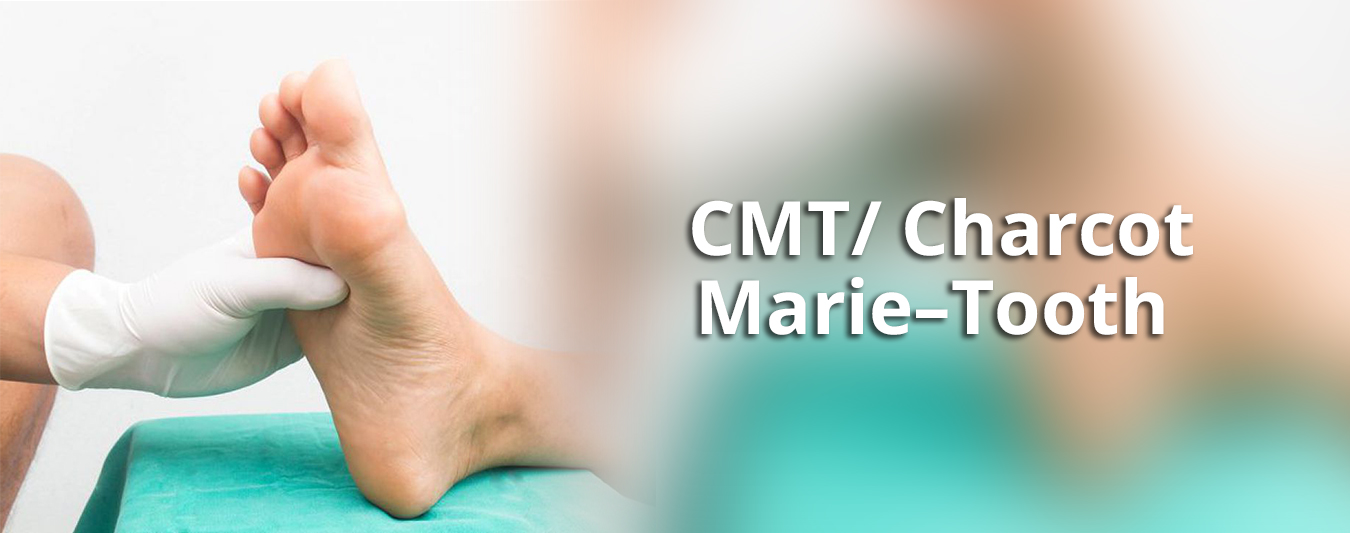
-

-

-

-

-

-

-

-
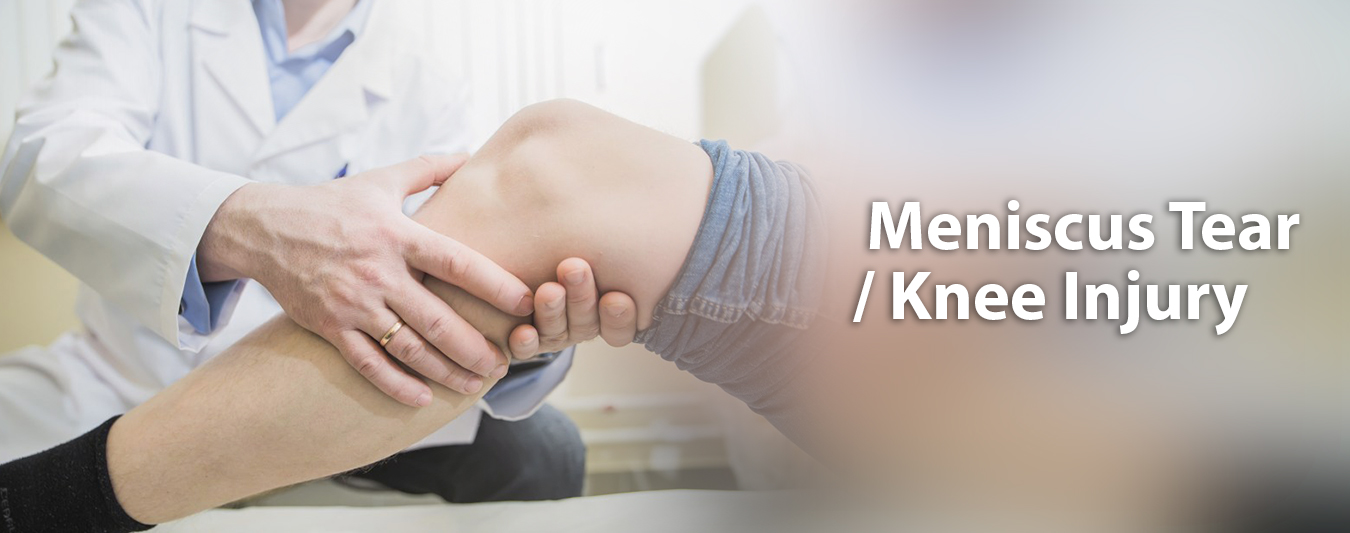
-

-

-
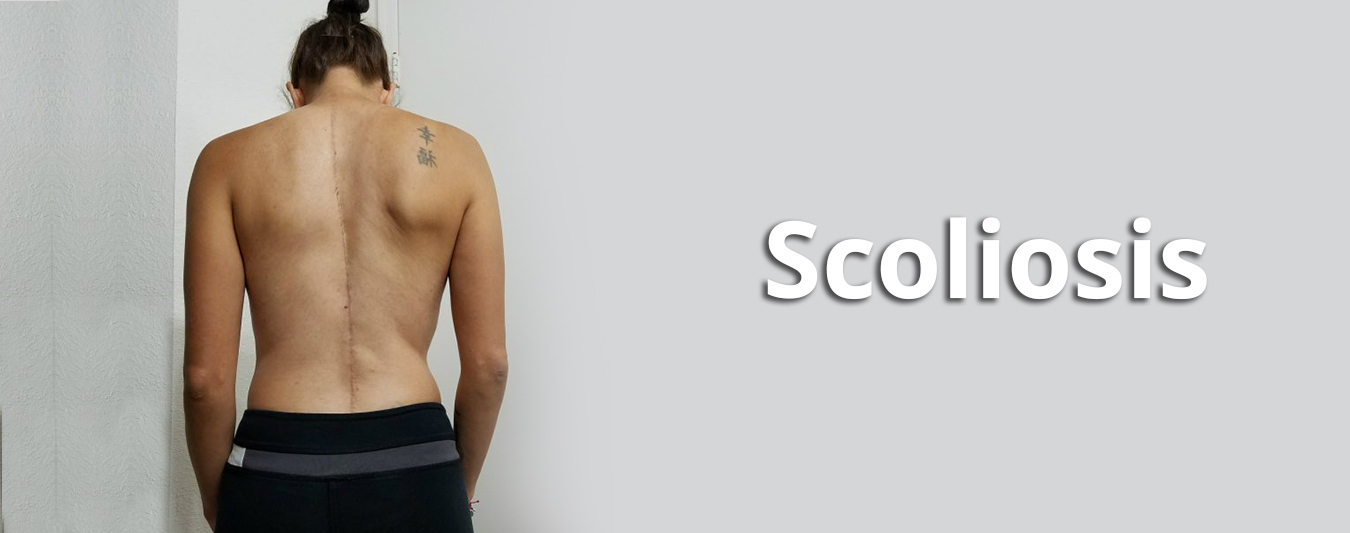
-

-

-

-

-
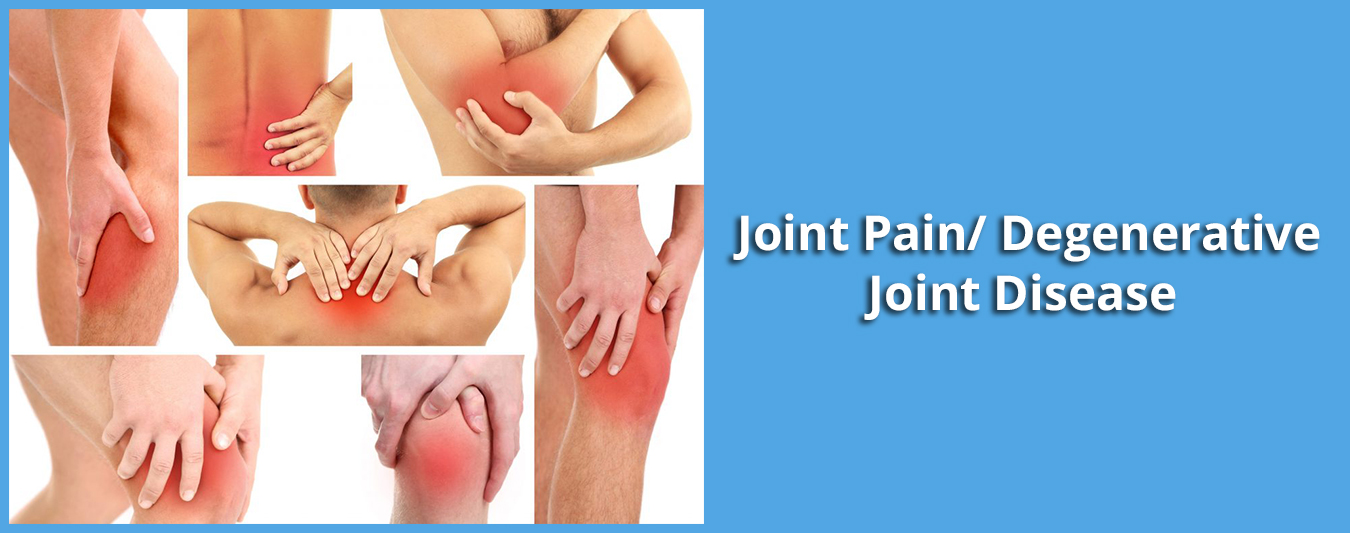
-

-

-
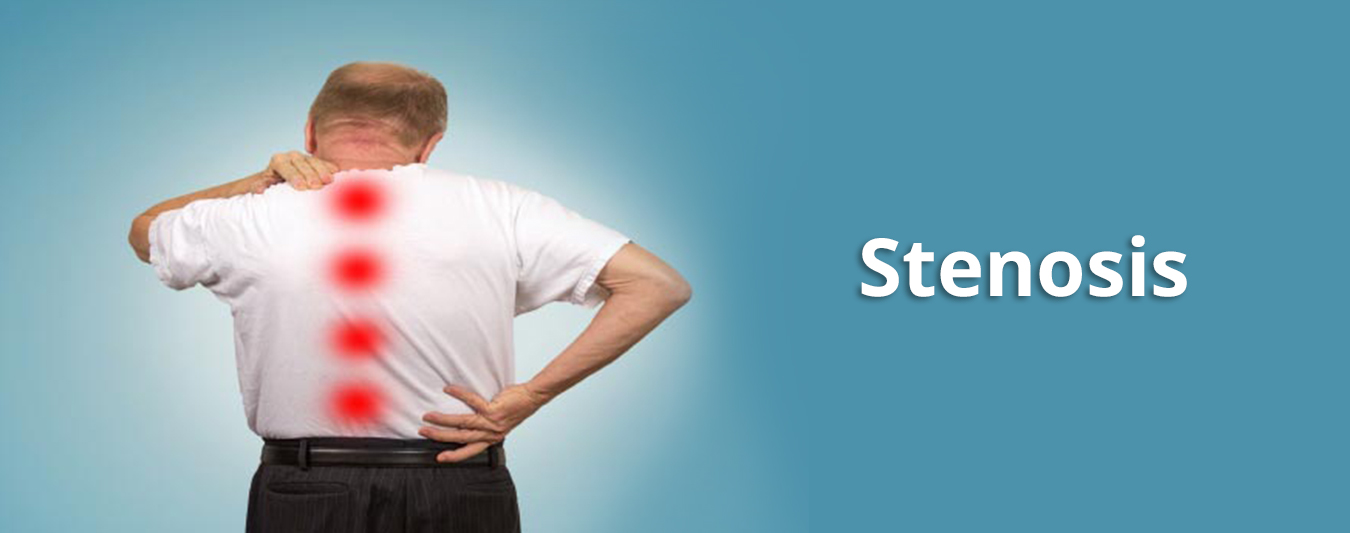
-

-

-

-

-
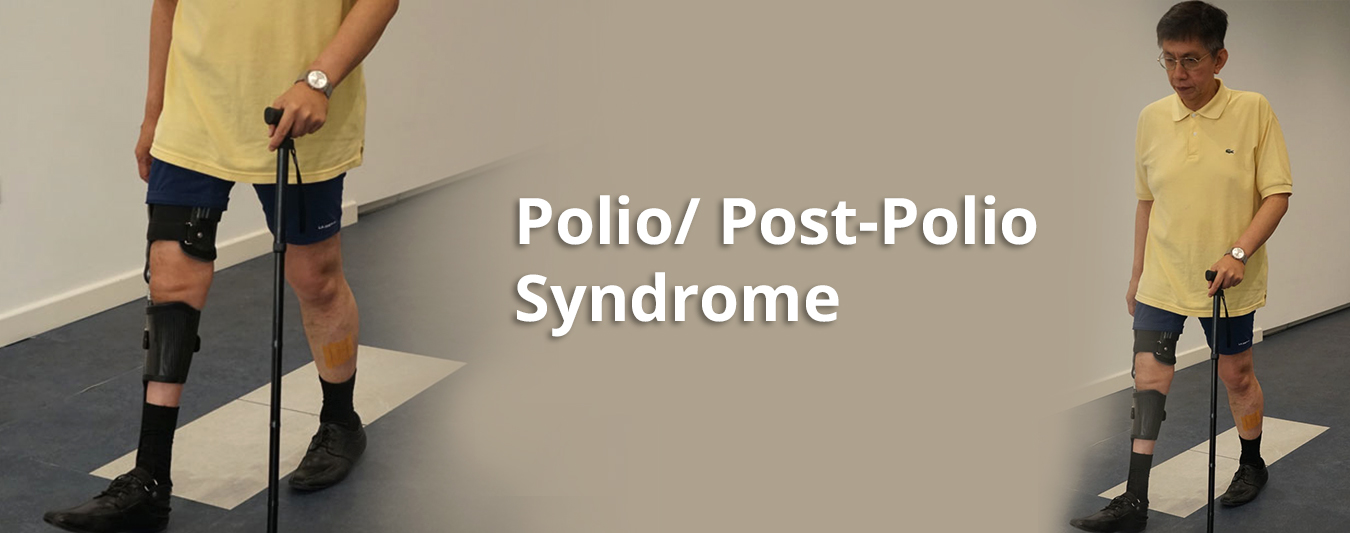
-

-

-

-

-

-

-

-

Neuropathy
- Diabetes
- Parkinsons Disease
- Osteoarthritis
- Rheumatoid Arthritis
- Multiple Sclerosis
- ALS/ Motor Neuron Disease
- Alzheimer’s Disease
- Autism
- Cardiovascular Disease/ Heart Failure
- Tinnitus/ Hearing Loss
- Retinitis Pigmentosa/ Vision Loss
- Spinal Cord Injury
- Stroke
- Cerebral Palsy
- COPD
- Muscular Dystrophy
- Macular Degeneration
- Baldness/ Hair Loss
- Chronic Fatigue
About Neuropathy
Neuropathy – also called peripheral neuropathy, is a result of damage to the nerves outside of the brain and spinal cord (peripheral nerves), often causes weakness, numbness and pain, usually in your hands and feet. It can also affect other areas of your body.
Your peripheral nervous system sends information from your brain and spinal cord (central nervous system) to the rest of your body. The peripheral nerves also send sensory information to the central nervous system.
Peripheral neuropathy can result from traumatic injuries, infections, metabolic problems, inherited causes and exposure to toxins. One of the most common causes is diabetes.
Every nerve in your peripheral system has a specific function, so symptoms depend on the type of nerves affected. Nerves are classified into:
- Sensory nerves that receive sensation, such as temperature, pain, vibration or touch, from the skin
- Motor nerves that control muscle movement
- Autonomic nerves that control functions such as blood pressure, heart rate, digestion and bladder
Signs and symptoms of peripheral neuropathy might include:
- Gradual onset of numbness, prickling or tingling in your feet or hands, which can spread upward into your legs and arms
- Sharp, jabbing, throbbing or burning pain
- Extreme sensitivity to touch
- Pain during activities that shouldn’t cause pain, such as pain in your feet when putting weight on them or when they’re under a blanket
- Lack of coordination and falling.
- Muscle weakness
- Feeling as if you’re wearing gloves or socks when you’re not
- Paralysis if motor nerves are affected.
If autonomic nerves are affected, signs and symptoms might include:
- Heat intolerance
- Excessive sweating or not being able to sweat
- Bowel, bladder or digestive problems
- Changes in blood pressure, causing dizziness or lightheadedness
Peripheral neuropathy can affect one nerve (mononeuropathy), two or more nerves in different areas (multiple mononeuropathy) or many nerves (polyneuropathy). Carpal tunnel syndrome is an example of mononeuropathy. Most people with peripheral neuropathy have polyneuropathy.
Until the most recent decades, neuropathy can only be treated by medications, physical therapies and surgery. While these traditional treatments can help manage neuropathy to some degree, they often bring unwanted side effects (in the case of medications) or high costs (in the case of physical therapies and surgery).
Nowadays, new advanced stem cell treatment such as Stem Cell Therapy Plus is giving new hope to neuropathy patients.
Stem cells are those cells that can easily become the cells of different organs where their need arises. This means that stem cells can evolve into cells of the peripheral nervous system and other organ & tissues and so to treat degenerative diseases such as neuropathy. Stem Cell Therapy is at the heart of a new field of science and medicine called regenerative medicine.
ince stem cells have the unique ability to renew themselves and give birth to generations of cells with different degrees of differentiation, the use of stem cell therapy becomes very encouraging and promising for those who suffer with debilitating diseases. The stem cells can also replace damaged cells in different body parts without any risk of being rejected and without causing any side effects.
Anecdotal evidence shows the stem cells from Stem Cell Therapy Plus can help repair/ regenerate peripheral nervous system, thus promoting improvement in impaired functions and reducing numbness/ pain.
Unlike traditional Stem Cell Therapy which can only be applied via injection in the selective hospitals/ clinics, Stem Cell Therapy Plus delivers stem cells through high-tech bio-active softgel capsules which can be shipped in secure packages and delivered right to your home address. The lyophilized (freeze-dried) method employed in softgel capsules produces stem cells which remain biologically active (a proven technique for gently conserving biological substances) without damaging the effectiveness of the valuable, big, bio-active matter. Being enteric coated, softgel capsules by-pass the stomach and dissolve in the small intestine whereby the stem cells and other active ingredients are fully absorbed by the body. Therefore, to receive the results and benefits of Stem Cell Therapy Plus, all you need to do is to take 1 – 3 softgel capsules a day at the comfort of your own home.
